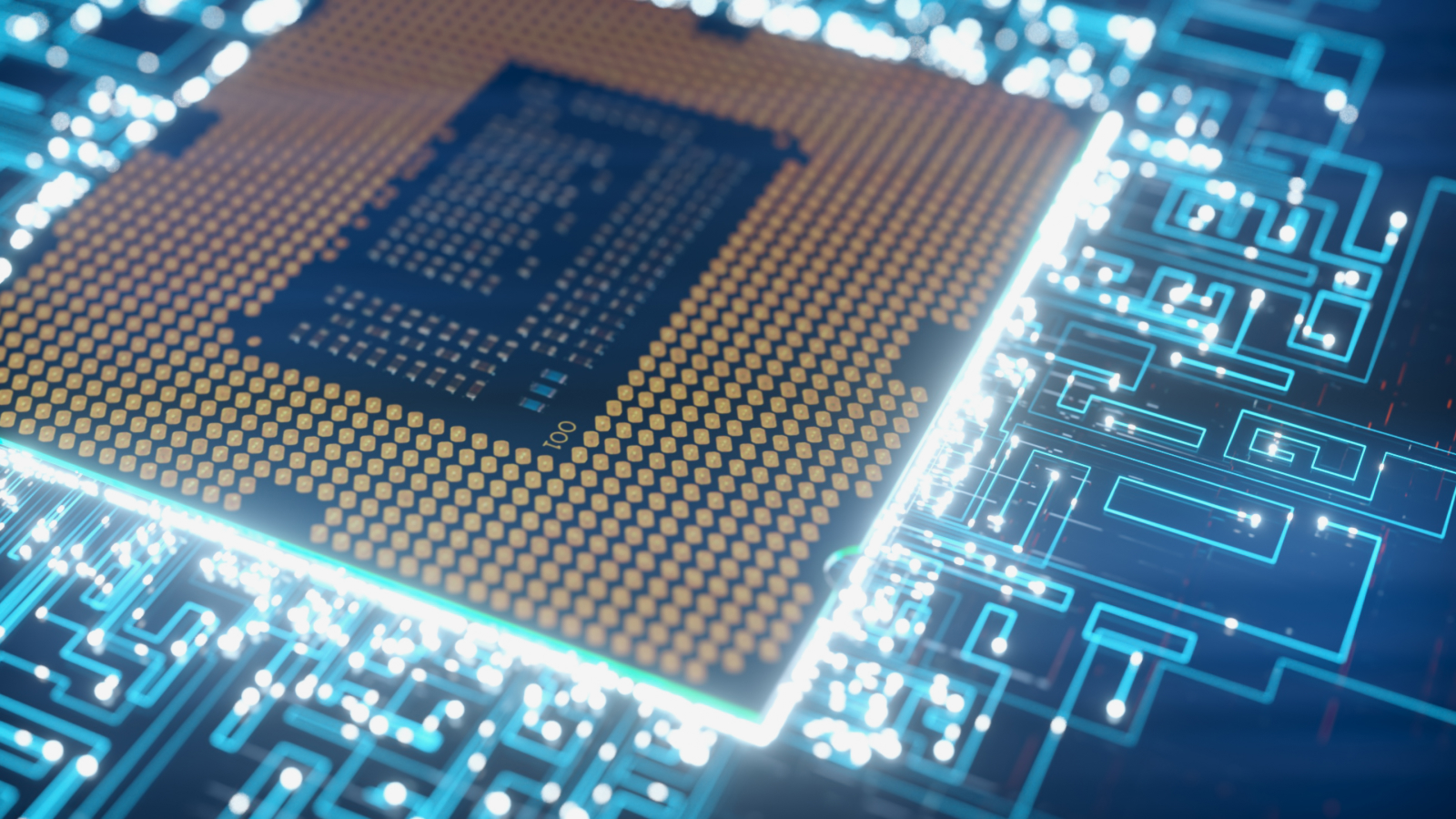
D-Wave has completed calibrating and benchmarking its latest processor — a 4,400-plus-qubit behemoth that it claims is 25,000 times faster than its predecessor.
The Advantage2 quantum processing unit (QPU) is designed for complex applications including artificial intelligence (AI), materials science and optimization tasks. In a statement issued Nov. 6, D-Wave representatives said the new chip demonstrated "substantial performance gains" over its existing 5,000-qubit Advantage device, including improved speed and accuracy.
"Recent performance benchmarks demonstrate that the 4,400+ qubit Advantage2 processor is computationally more powerful than the current Advantage system, solving a range of problems — including 3D lattice problems common in materials science — 25,000 times faster," the company said in the statement. "The processor also delivers five times better solutions on problems requiring a high degree of precision. Furthermore, it surpasses the current Advantage system in 99% of tests on satisfiability problems, highlighting its capabilities across a wide range of quantum applications."
3D lattice problems are often used in materials science to model atomic interactions. Faster solutions mean researchers can conduct these simulations more quickly, which supports faster development and testing of new materials.
Related: Radical quantum computing theory could lead to more powerful machines than previously imagined
Boolean satisfiability (SAT) problems, meanwhile, are benchmarks that assess a system’s ability to handle complex decision-making tasks with multiple possible solutions. These tests help gauge the processor’s efficiency in applications like cryptography and logistics, where quickly finding solutions that satisfy multiple rules or conditions is essential.
As well as performance upgrades, D-Wave said its new processor delivers improvements in three key areas: coherence time, energy scale and qubit connectivity.
Coherence time refers to how long qubits — the building blocks of quantum information — can maintain their quantum state without interference. A longer coherence time allows for more stable and accurate calculations, improving the reliability of quantum computations. D-Wave reported that its new chip offers double the coherence time of its previous system.
The Advantage2 also provides a 40% increase in energy scale, company representatives said in the statement, enabling the chip to handle more complex calculations with improved stability. Finally, qubit connectivity — the number of connections each qubit can make with other qubits — has been boosted from 15-way to 20-way, enabling the Advantage2 to tackle larger and more intricate problems than its predecessor.
"Our strategic decision to focus development efforts on enhancing the connectivity and coherence of our next annealing quantum computing system has proven successful," Trevor Lanting, chief development officer at D-Wave, said in the statement. "We’re thrilled with the performance of our recently calibrated processor, and we believe this technology will deliver amazing results for our customers, solving bigger and more complex problems."







